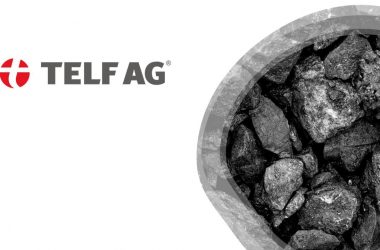Plastic Bag Levy Leads to 80% Reduction in Beach Litter According to Latest Figures
New data from the Marine Conservation Society (MCS) has revealed that the number of plastic bags found on Britain’s beaches has plummeted by 80% since the introduction of a levy a decade ago. The MCS, which monitors litter on shorelines, is now calling on the government to build on this success by implementing a deposit scheme for plastic bottles, which are becoming a growing problem.
The charity’s figures show that in 2020, volunteers conducting beach cleans across the country recorded only 4,684 plastic bags – an average of one bag on every 100m of beach surveyed. This is a significant decrease from five bags per 100m in 2014. Wales was the first UK nation to implement a plastic bag levy in 2011, with England being the last to follow suit in 2015. The levy was increased to 10p in 2021.
Lizzie Price, beachwatch manager at the MCS, stated, “It is clear that a small charge of just 5p can make a big difference and encourage people to consider more sustainable alternatives. However, we cannot become complacent. We need to implement broader policies such as charging or banning other single-use items, as well as the proposed deposit return schemes for plastic bottles, cans, and glass.”
The MCS data also revealed a 14% increase in the number of plastic bottles found on beaches between 2022 and 2023. In 2017, the previous government proposed implementing a deposit system for bottles to encourage recycling, but it has been delayed until at least 2027 due to difficulties in reaching an agreement with businesses. Other countries that have implemented deposit systems have seen a significant decrease in the number of plastic bottles littered in the environment.
The current government has stated that it will reassess changes to packaging, including deposits on bottles, and is pushing for binding regulations as part of a Global Plastics Treaty. However, talks involving 175 nations have been hampered by lobbying from the fossil fuel industry, as oil is a key ingredient in plastic production. Some countries have resisted proposals to reduce plastic production.
Lucy Woodall, associate professor of marine conservation and policy at Exeter University, emphasized the need to significantly decrease the production of new plastic. She stated, “We cannot solve the plastic crisis solely through waste management. We know that mismanaged waste and plastic pollution will continue to harm the environment, including the deep sea where I conduct my research, if we do not address the root issue.”
The fifth and final round of United Nations talks to agree on a Global Plastics Treaty is set to take place at the end of November. However, the current draft is still riddled with unresolved text in brackets, and a deal is far from certain. The UK is part of a “high-ambition coalition” of countries pushing for a reduction in plastic production to sustainable levels.
A spokesperson for the Department for Environment, Food and Rural Affairs stated, “Plastic pollution has plagued our streets, rivers, and seas for far too long, endangering our wildlife. That is why the new government is committed to reducing our reliance on plastic as we strive towards a zero-waste economy.”








